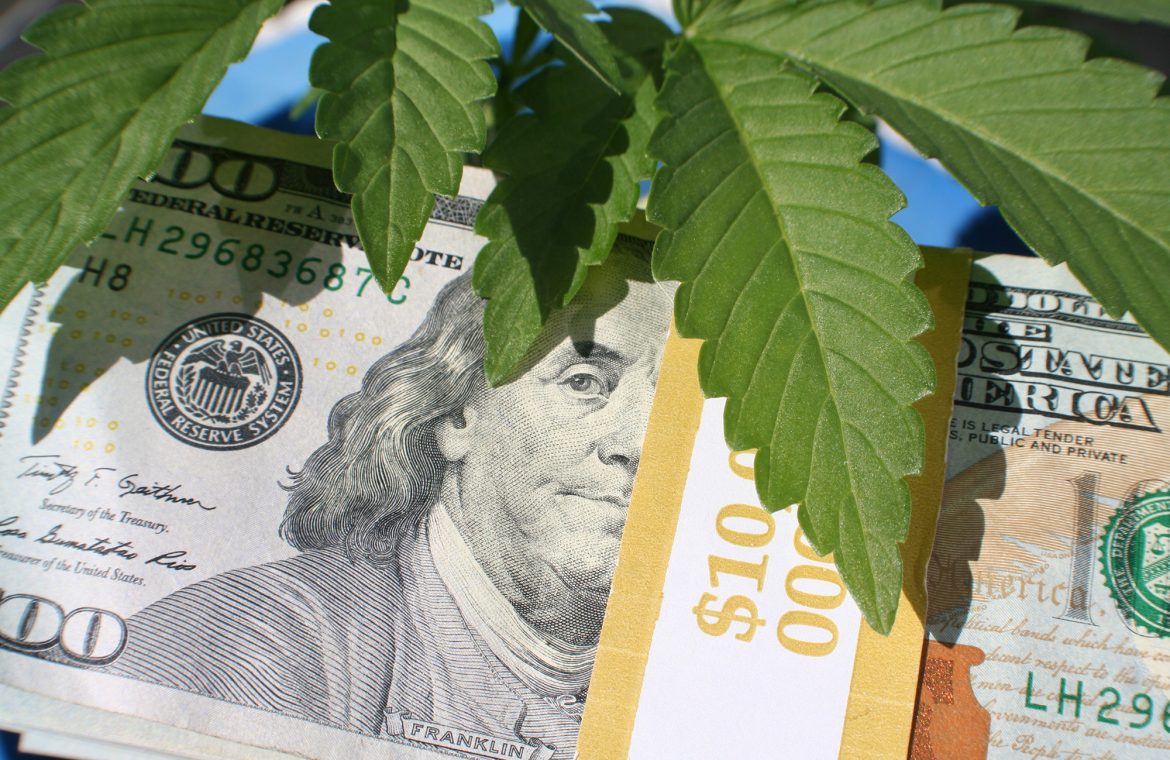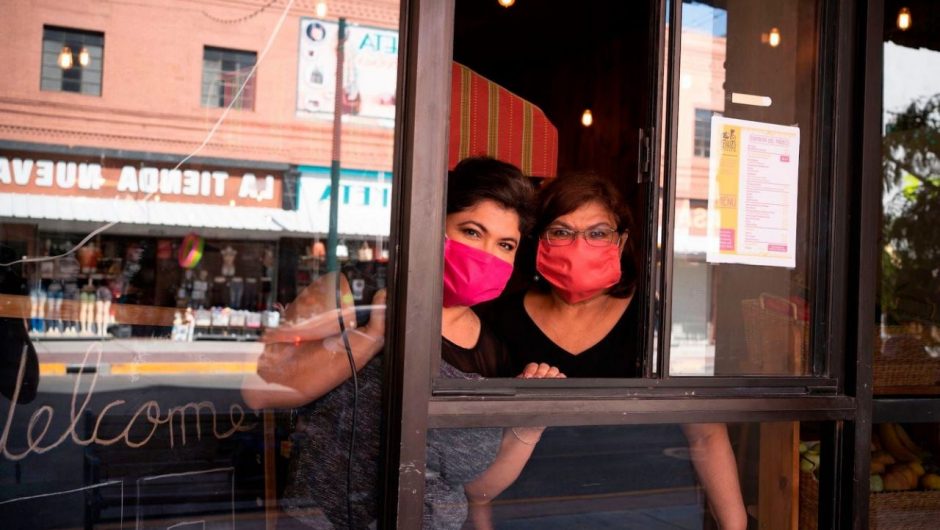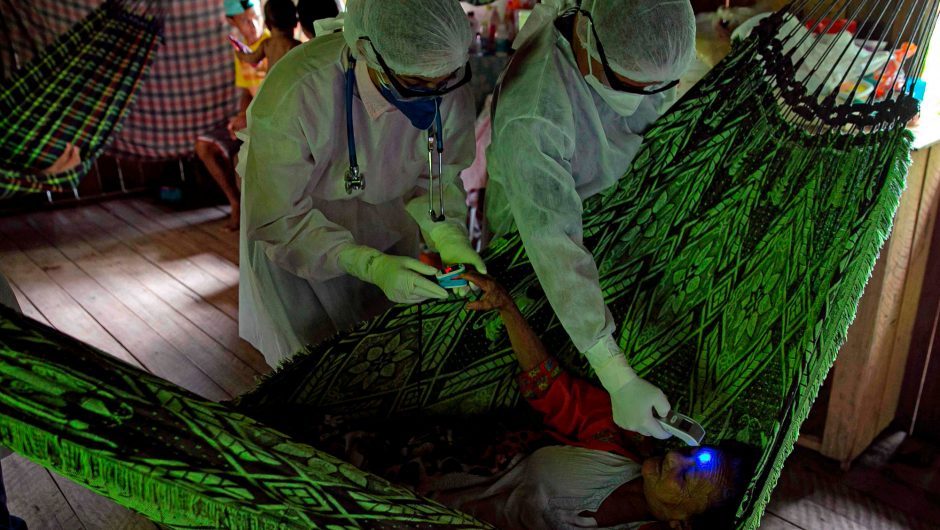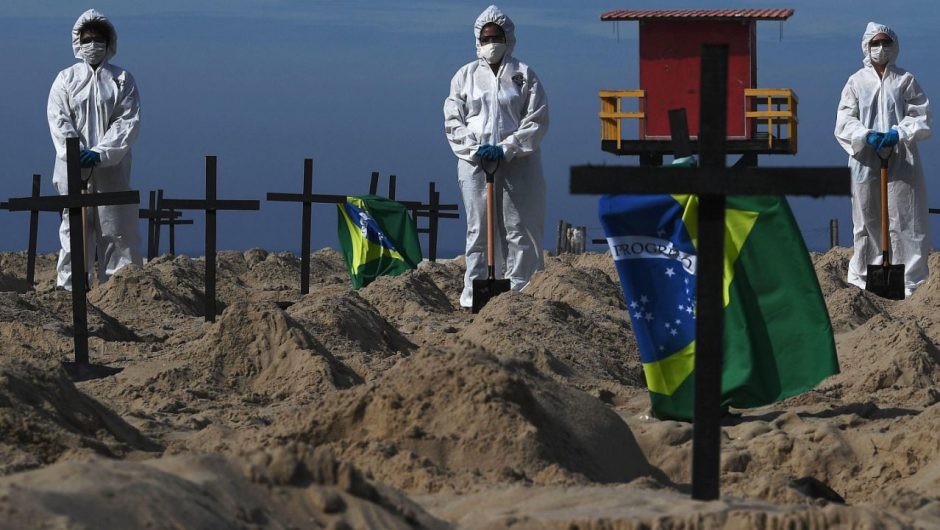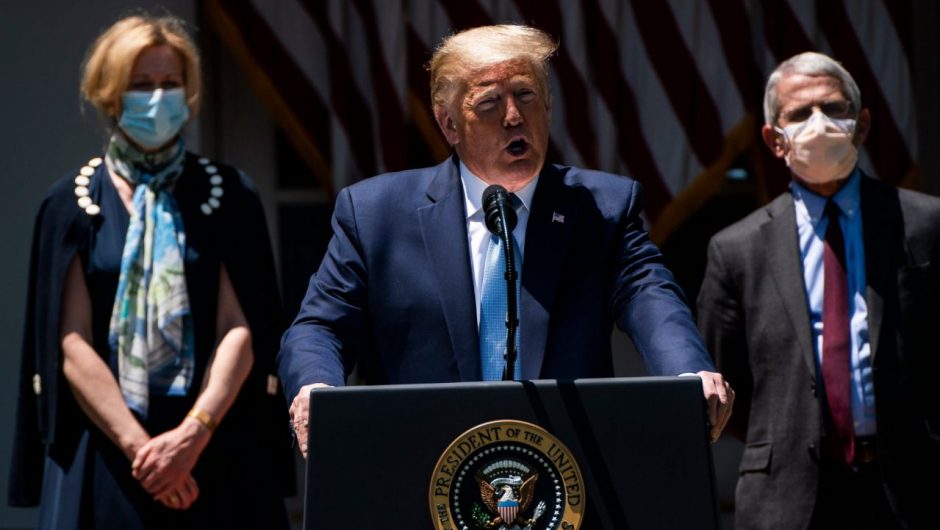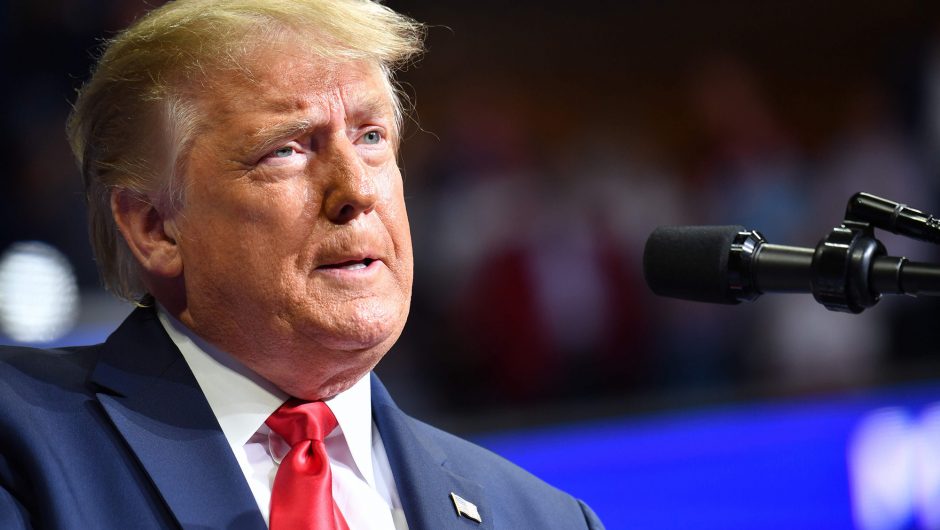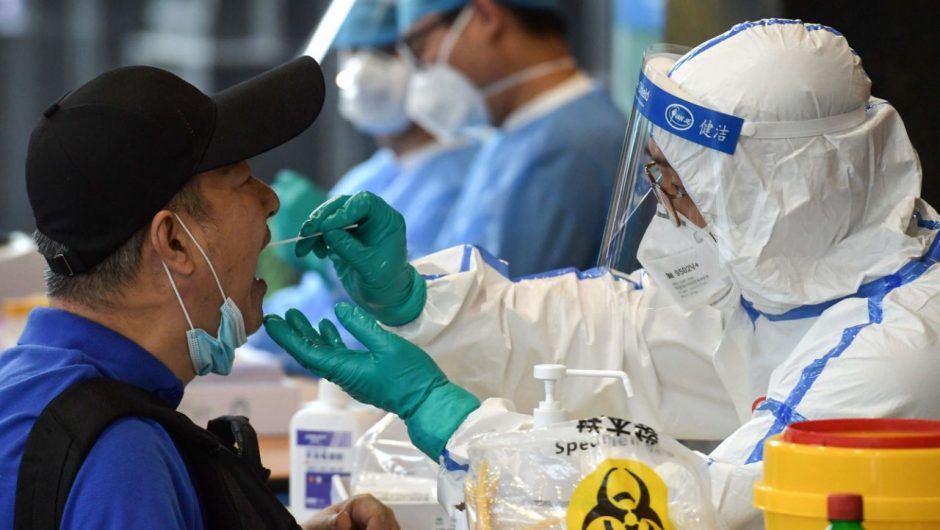Coronavirus business closures have left drug traffickers high and dry when it comes to laundering their ill-gotten gains — and the U.S. Drug Enforcement Agency has been using the opportunity to clean up, The Post has learned.
In April and May of this year, investigators from the New York DEA office seized $16 million in cash from a sophisticated money-laundering operation involving Chinese gangsters, Mexican drug cartels and local Dominican pushers — compared to just $5 million in the same period last year.
Similarly, in the first two weeks of June, agents confiscated $3.1 million, compared to $1.2 million in 2019.
“Our office is busier than ever, drug trafficking is continuing in the New York metropolitan area. The demand for drugs has remained high during this pandemic,” Ray Donovan, the special agent in charge of the New York DEA, told The Post.
“While the country’s primary focus should be the pandemic, the shadow of the pandemic is the drug business,” he added.
The coronavirus led to an uptick in cash confiscations because it derailed a complex drug-trafficking scheme between the Mexican Sinaloa and Jalisco New Generation cartels, Dominican drug dealers and various factions of the Chinese Triads organized-crime syndicate.
Before the pandemic hit, the cartels distributed fentanyl-laced heroin to the street-level Dominican dealers, who in turn kicked up cash profits to the Chinese gangsters.
The Chinese criminals would then use the money to buy goods in the US — cellphones, computers, cars — and flip them in China for a profit before paying back the cartel traffickers.
A phone bought in the US for $500 could sell in China for as much as $2,000, Special Agent Donovan said.
When stores in New York shut as the city went on lockdown, the gangsters couldn’t go shopping for the goods, leaving them with an excess amount of cash — and opportunity for the feds to seize it.
The shopping scheme doesn’t work with online purchases because authorities can more easily trace who is buying the goods.
“The store closings have stalled their distribution methodology. They can’t spend the cash and that is why we are confiscating record amounts,” Donovan added.
In addition, the limited number of flights in and out of the US — plus stricter border and highway enforcement — has blocked the same flow of drugs from entering the country and the cash from leaving.
The effort to block drug-trafficking is critical right now because overdose deaths have increased every year since 2015, according to Donovan.
“The DEA has to use all of its resources to stop the drug business as best as it can before it continues to harm and kill more American citizens,” he said.


